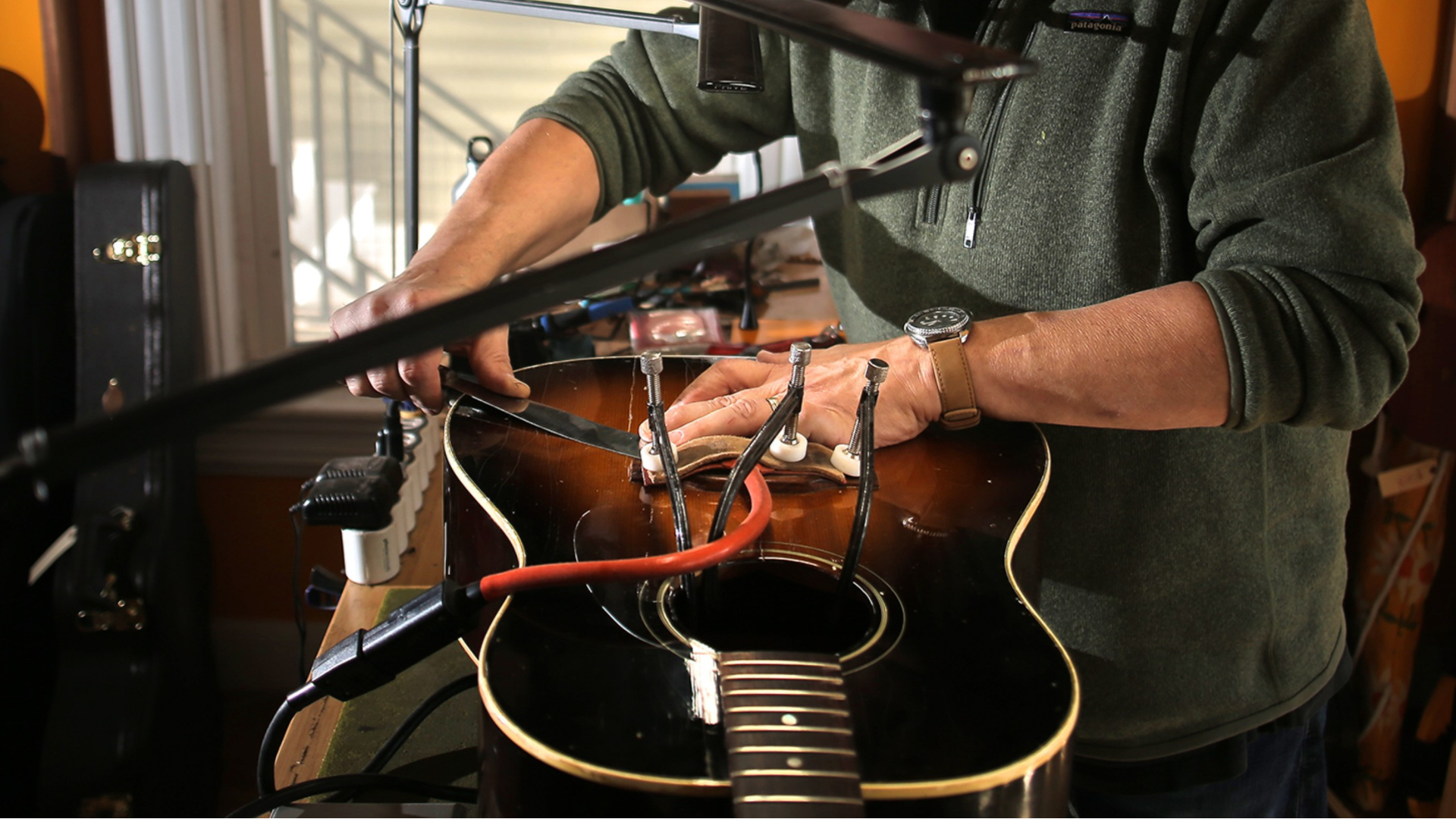Musical Instrument Repairers & Tuners
Instrument Repair Technician (Instrument Repair Tech), Luthier, Piano Technician (Piano Tech), Piano Tuner
What they do:
Repair percussion, stringed, reed, or wind instruments. May specialize in one area, such as piano tuning.
On the job, you would:
- Adjust string tensions to tune instruments, using hand tools and electronic tuning devices.
- Compare instrument pitches with tuning tool pitches to tune instruments.
- Play instruments to evaluate their sound quality and to locate any defects.
Knowledge
Business
- customer service
Engineering and Technology
- mechanical
Arts and Humanities
- music, dance, visual arts, drama, or sculpture
- English language
Skills
Basic Skills
- thinking about the pros and cons of different ways to solve a problem
- listening to others, not interrupting, and asking good questions
Problem Solving
- noticing a problem and figuring out the best way to solve it
Abilities
Hand and Finger Use
- hold or move items with your hands
- keep your arm or hand steady
Hearing and Speech
- tell the difference between sounds
- pay attention to one sound while there are other distracting sounds
Ideas and Logic
- notice when problems happen
- use rules to solve problems
Visual Understanding
- see hidden patterns
Personality
People interested in this work like activities that include practical, hands-on problems and solutions.
They do well at jobs that need:
- Attention to Detail
- Dependability
- Cautiousness
- Perseverance
- Achievement Orientation
- Innovation
Technology
You might use software like this on the job:
Analytical or scientific software
- Katsura Shareware KS Strobe Tuner
- Veritune Verituner
Education
Education: (rated 3 of 5)
certificate after high school or
no high school diploma/GED
usually needed
no high school diploma/GED
usually needed
Job Outlook
Below Average
New job opportunities are less likely in the future.
Explore More
- Coil Winders, Tapers, & Finishers
- Electric Motor, Power Tool, & Related Repairers
- Electromechanical Equipment Assemblers
- Timing Device Assemblers & Adjusters
- Watch & Clock Repairers
You might like a career in one of these industries:
See more details at O*NET OnLine about Musical Instrument Repairers & Tuners.




